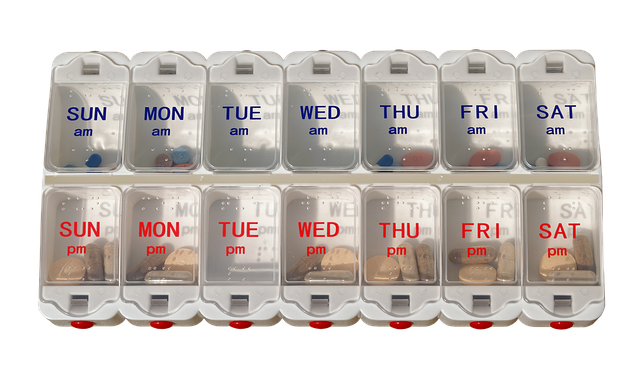A 58-year-old female has a history of depression and reports to you that she forgot her paroxetine when she went on vacation. She has missed one dose and is asking you how many more she can miss before getting the medication again. Her current dosing is 40 mg daily. What are some things to think about with this paroxetine missed doses case scenario?
Whenever I have a patient taking an SSRI who is missing doses, my first thought is SSRI discontinuation syndrome. I’ve discussed this in the past, but symptoms that can occur when SSRIs are abruptly discontinued include anxiety, insomnia, sweating, upset stomach, and flu-like symptoms. The higher the dose that a patient is on, the more likely you are going to have these symptoms occur when abruptly stopping an SSRI. The length of therapy also may make a difference. A patient taking paroxetine for 20 years would probably be more likely to have issues than a patient taking it for a few weeks.
Last but not least, I consider the half-life of the medication. Paroxetine has a half-life of approximately 21 hours. Genetic variations may alter this half-life, but this is going to be shorter than most other commonly used SSRIs (fluoxetine is slightly shorter). Fluoxetine has the longest half-life (great clinical pearl to know for board exams!) and would be the SSRI that would be least likely to cause discontinuation syndrome symptoms given all other things being equal. The half-life of fluoxetine is typically several days so missing a dose is less likely to impact the patient.
In this case of paroxetine missed doses, I would likely suspect that the patient could start to see withdrawal symptoms and/or symptoms of depression start creeping up as soon as the second or third missed dose. At this dose, I would strongly suspect this patient would be experiencing significant symptoms by days 3-5 of missing the medication.
Fluoxetine with its longer half-life would likely have a delayed onset of SSRI withdrawal symptoms. For you reference, other commonly used SSRIs have the following half-lives; sertraline – 26 hours, citalopram – 35 hours, escitalopram ~ 30 hours. If you are looking for more information on individual SSRIs, I have extensively covered them in the following podcasts.
- 30 medication mistakes PDF
- 18+ Page Drug Interaction PDF
- 10 Commandments of Polypharmacy Webinar based on my experiences in clinical practice



I can say from personal experience that one of the symptoms that I don’t usually see discussed is the electric shocks to your brain. It is rather uncomfortable and has happened to me in the past when I inadvertently missed a dose of escitalopram or citalopram.